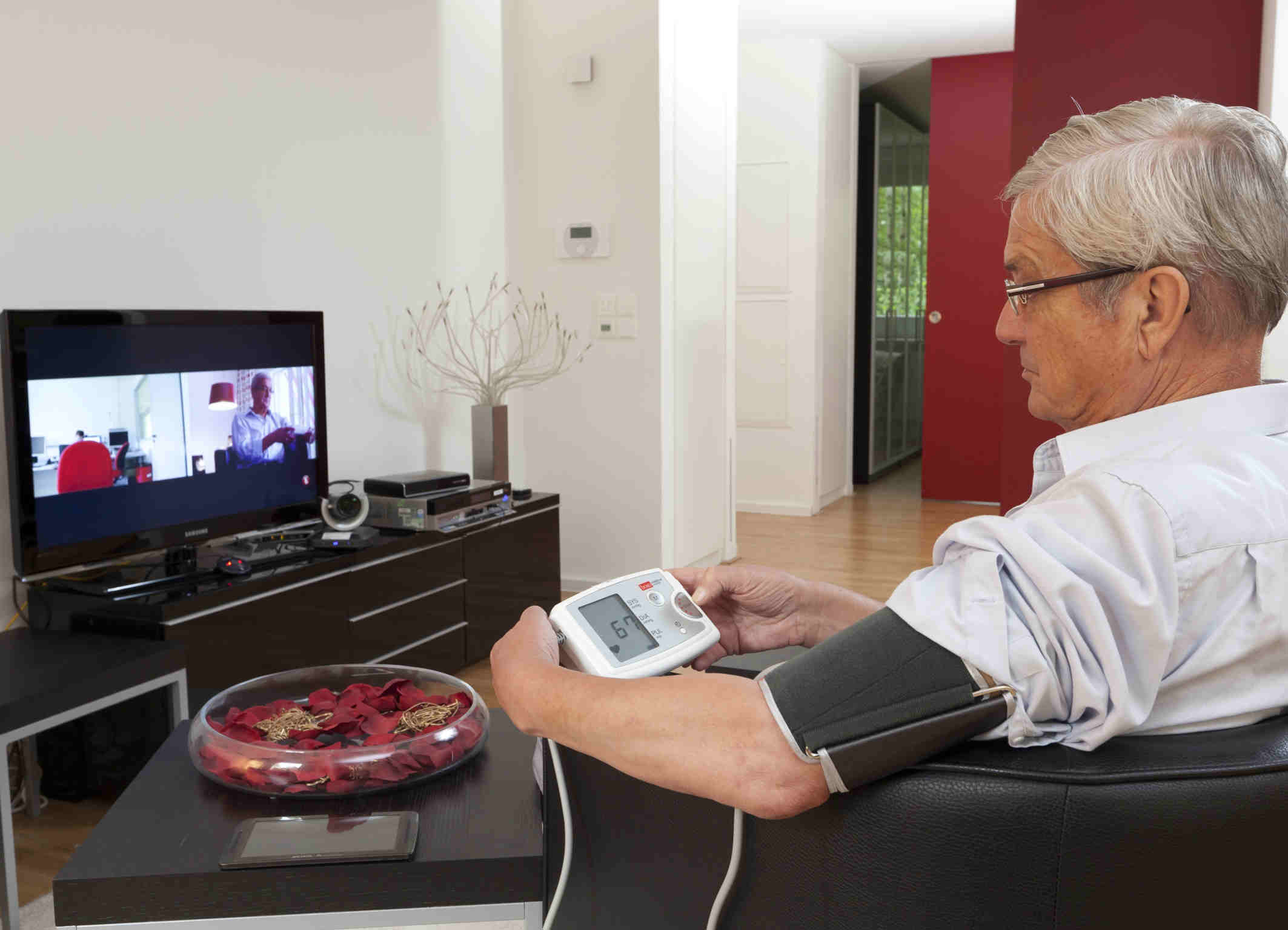Advances in the number of smart home platforms could return control to those with a disability.
If you are disabled and looking to buy a house you can often come up against a number of obstacles. Houses aren’t often built with wheelchair users or the blind in mind, which means everyday activities, such as switching on a light, can become a chore. Because of setbacks like these, the majority of disabled people are unable to live unaided.
With over 9 million disabled people in England, the need for a marked improvement is a pressing concern. This could be where smart technology fits in. Although not engineered with specific disabilities in mind, smartphone operated devices are making a big difference in the lives of handicapped homeowners. A previously unreachable switch or dial now sits in the palm of the hand, enabling those with a disability to become more autonomous. It seems, with the latest wave of smart home improvements, the disabled community stands to gain the most from remotely accessed technology.
Smart Homes Could Improve Ambient Assisted Living
Ambient Assisted Living (AAL) is a project looking to improve the welfare of the elderly. With more people reaching 80 and beyond, the desire to help people stay in their own homes is stronger than ever. Up to 78% of this older generation are currently considered disabled, many with little or no independent mobility. AAL aims to provide these people with the technology that can help them to continue living a rich and fulfilling life.
A connected home allows its owner to interact with every room, without moving from one to the other. An elderly gentleman suffering from a chronic muscular disorder no longer needs to get up answer the door and instead can open the locks and invite guests in from the comfort of his chair. Because of the way home automation has developed, almost every technological aspect of the household can be controlled from one central unit. The practical uses for the elderly and the disabled are invaluable, with facilities such as heating and lighting adaptable at the the touch of a button. These homes can even begin ‘learning’ for themselves, using the daily habits of their owners to regulate different systems on their behalf. For those who suffer from memory loss or have general difficulty in coordinating their routines, this could prove a priceless piece of kit.
Security and Safety are Always Controlled
Security breaches and unexpected hazards can be distressing for any homeowner, but for those with a disability they can be life threatening. For example, if someone with Alzheimer’s was to become confused halfway through cooking a meal, they might leave the gas on and forget about it. Smart home systems which detect this kind of activity will alert the owner, or an appointed guardian, directly via their smartphone and prevent a potential disaster.
Preventive measures can also be taken against any break in attempts. Smart locks require an identity check before they can be opened. Using a camera situated by the front door, you can find out who’s calling before you allow entry. This gives vulnerable residents increased peace of mind when it comes to home security and defence.
Feeling safe and secure in your own home is a basic human right and anything that can be done to assure that feeling is paramount. For consultation on all aspects of home automation or to simply find out more about the facilities available to you, please contact us through our website.
